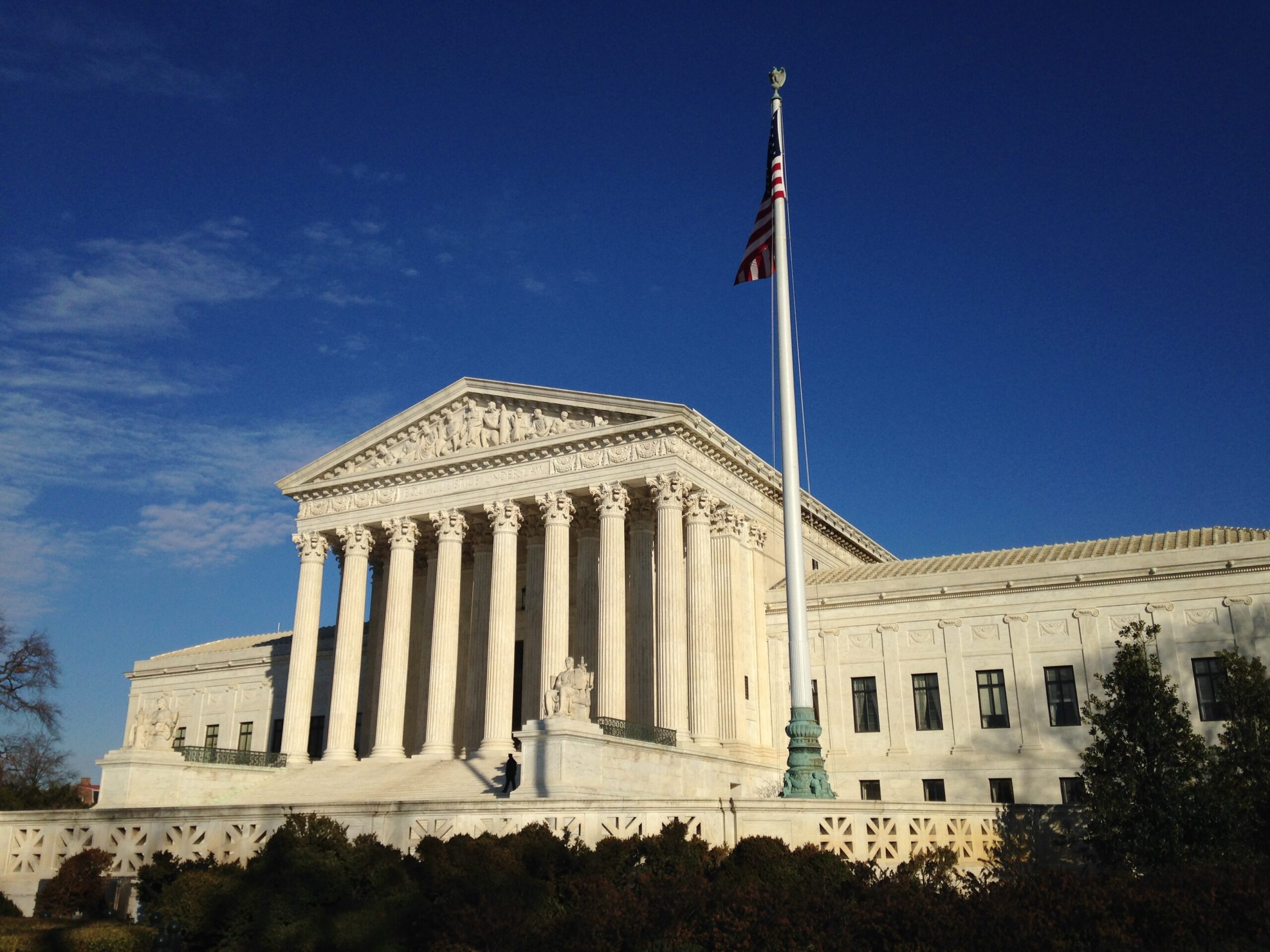
US Supreme Court Rules Life Insurance Proceeds Increase Estate Tax in Unanimous Decision
The U.S. Supreme Court unanimously decided on Thursday that life insurance proceeds received by a corporation to fund a share redemption agreement increase the corporation’s estate tax value. The Court ruled that the corporation’s obligation to redeem shares did not reduce its value (Connelly, No. 23-146 (U.S. 6/6/24)).
This ruling supports an earlier decision by the Eighth Circuit in favor of the IRS in a case involving Michael and Thomas Connelly and their small business, Crown C Supply. The Supreme Court clarified that the obligation to redeem Michael’s shares did not lessen their value.
The brothers, sole shareholders of Crown, had arranged for the corporation to remain within the family after either’s death. They agreed that the surviving brother could buy the deceased’s shares; if declined, Crown C would purchase them. To fund this, Crown C secured $3.5 million in life insurance on each brother.
When Michael died in 2013, his estate listed his shares’ value at $3 million, the price Crown paid for them. The IRS argued that this redemption obligation didn’t diminish the life insurance proceeds and valued Crown at $6.86 million. Consequently, it determined that the estate owed $889,914 more in taxes, which the estate paid and Thomas Connelly challenged unsuccessfully in court.
The Supreme Court stated that a share redemption at fair market value doesn’t diminish any shareholder’s economic interest. It emphasized that for estate tax purposes, the value of Michael’s shares at his death included the insurance proceeds, before any redemption payment was made.
Despite arguments that this ruling complicates succession planning for family businesses, the Court maintained that this outcome was a direct result of the agreement structure chosen by the Connelly brothers.
